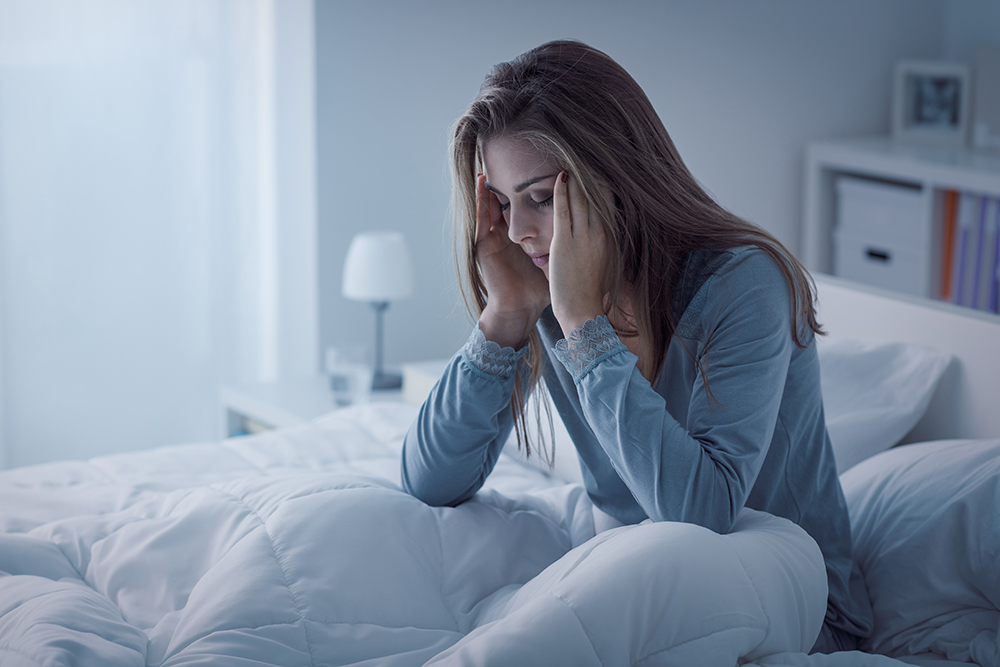In our fast-paced, stress-filled world, a good night’s sleep can sometimes feel like a luxury. According to a report from the Centers for Disease Control and Prevention, more than 8% of adults use sleep aids nightly or most of the time. While occasionally reaching for melatonin or prescription drugs may be beneficial, there’s a fine line between use and dependency, especially regarding specific types of sleeping pills.
The Risk of Dependence: Benzodiazepines and Z-Drugs
Many doctors prescribe a class of medications called benzodiazepines – including Valium and Xanax – for insomnia and anxiety disorders. While effective, these drugs are also notoriously addictive and can lead to a rapid progression from tolerance to dependency.
On the other hand, newer sleeping pills like Ambien and Sonata tend to have a lower risk of physical addiction. However, these so-called “Z-drugs” are not entirely harmless, as they can still lead to psychological dependence – a belief that it’s impossible to fall asleep without the aid of medication.
Recognizing the Signs of Addiction
Awareness is crucial in taking the first steps toward recovery. Here are some indicators to look for if you or a loved one uses prescription sleeping pills.
- Increasing dosage: A telltale sign of addiction is the need to continually increase the dosage to achieve the desired effect.
- Long-term use and inability to quit: Continuing to rely on sleeping pills despite wanting to stop is a red flag.
- Doctor shopping: Seeking new prescriptions from multiple doctors is a common behavior among people with a worsening addiction.
- Withdrawal symptoms: Particularly with benzodiazepines, withdrawal can manifest physically, with symptoms like sweating and increased irritability.
- Neglecting responsibilities: Addiction often leads to the neglect of social, professional or educational obligations in favor of substance use.
Seeking Help and Finding Alternatives
If these signs resonate with you, it’s crucial to seek help. Abruptly stopping the use of sleeping pills, particularly benzodiazepines, can be dangerous. It’s safer to ask your health provider about gradually tapering off the medication.
Behavioral therapy can also be an effective tool in treating insomnia and learning to fall asleep without medication.
Lifestyle Changes for Better Sleep
For healthier sleep habits, adults should aim for at least seven hours of restful sleep per night. Try these helpful strategies to improve your sleep hygiene.
- Maintain a regular sleep routine: Consistent sleep and wake times – even on weekends and holidays – can significantly improve sleep quality.
- Exercise: Regular physical activity promotes better sleep, though it’s best to avoid vigorous workouts close to bedtime.
- Reducing screen time and caffeine intake at night: Minimizing your exposure to caffeine and avoiding blue light from screens can help you relax and calm down.
Understanding the Risks and Alternatives
Understanding the potential risks of certain sleep medications is essential for making informed decisions about your health. If you or someone you know is struggling with a dependency on sleeping pills, remember that you are never alone. At Hemet Valley Recovery Center & Sage Retreat, we provide compassionate support and comprehensive care for those facing the challenges of addiction. At our accredited, hospital-based recovery center, we can help you get on the road to restful sleep and overall well-being, free from substance dependency. Contact us today to learn more about what we can do for you.


